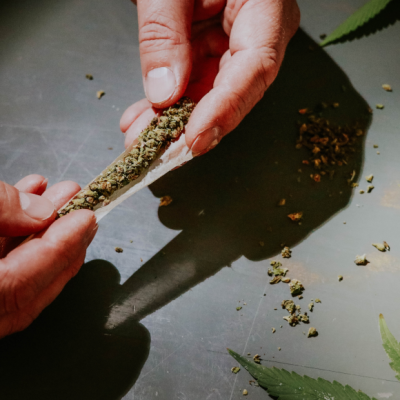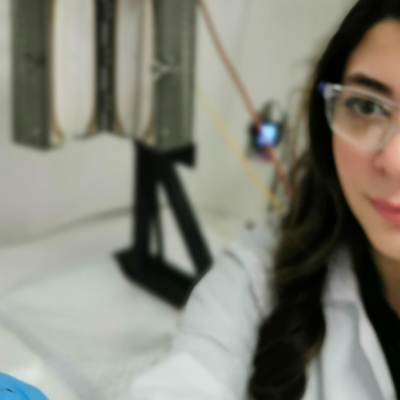Science Shop
Advertisement
Cannabis Use Increases Psychosis Risk
- By Geert Devenster
- . January 31, 2022
A new study conducted by the King’s College London (KCL) has found that daily consumption of cannabis with high levels of THC increases the risk

4% of House Cats Had COVID
- By Geert Devenster
- . January 31, 2022
A recent study conducted in four European countries analyzed 2,160 blood samples from domestic cats for the coronavirus. The results showed that around four percent

Alcohol Aids Language Learning
- By Geert Devenster
- . January 31, 2022
In a surprising discovery, researchers from the University of Maastricht, the University of Liverpool, and King’s College London have found that consuming small amounts of

Why Champagne Gets You Drunk Faster Than Wine
- By Geert Devenster
- . January 31, 2022
A new study has revealed that despite having almost identical alcohol content, champagne and white wine affect the body differently. Researchers from The Medical Council

Young People Open to Sex with AI
- By Geert Devenster
- . January 31, 2022
A recent survey conducted by a major IT security provider has revealed that around one in four Germans under the age of 30 can imagine

Fast Decontamination of Chernobyl by Start-up
- By Geert Devenster
- . January 31, 2022
Dog feces and urine are contributing to the eutrophication of nature reserves, according to a study by scientists at Ghent University in Belgium. Nitrogen compounds

Killer Whales Hunt Earth’s Largest Animal
- By Rolf Lewis
- . January 31, 2022
In a surprising discovery, researchers from the Cetacean Research Centre have found that killer whales, also known as orcas, are not just hunting great white

CO2 Tax Could Help Low-Income Households
- By Geert Devenster
- . January 31, 2022
A new study by the International Institute for Applied Systems Analysis (IIASA) has proposed an alternative use for the CO2 tax that could benefit low-income

Liquid Metal CO2 Capture
- By Rolf Lewis
- . January 31, 2022
A new method for carbon dioxide capture has been developed by scientists at the Royal Melbourne Institute of Technology (RMIT) in Australia. The process involves

Impatient Risk-Takers More Prone to Crime
- By Geert Devenster
- . January 31, 2022
A recent study conducted by the University of Copenhagen has confirmed that impulsive and risk-taking individuals are more likely to engage in criminal activities. The









